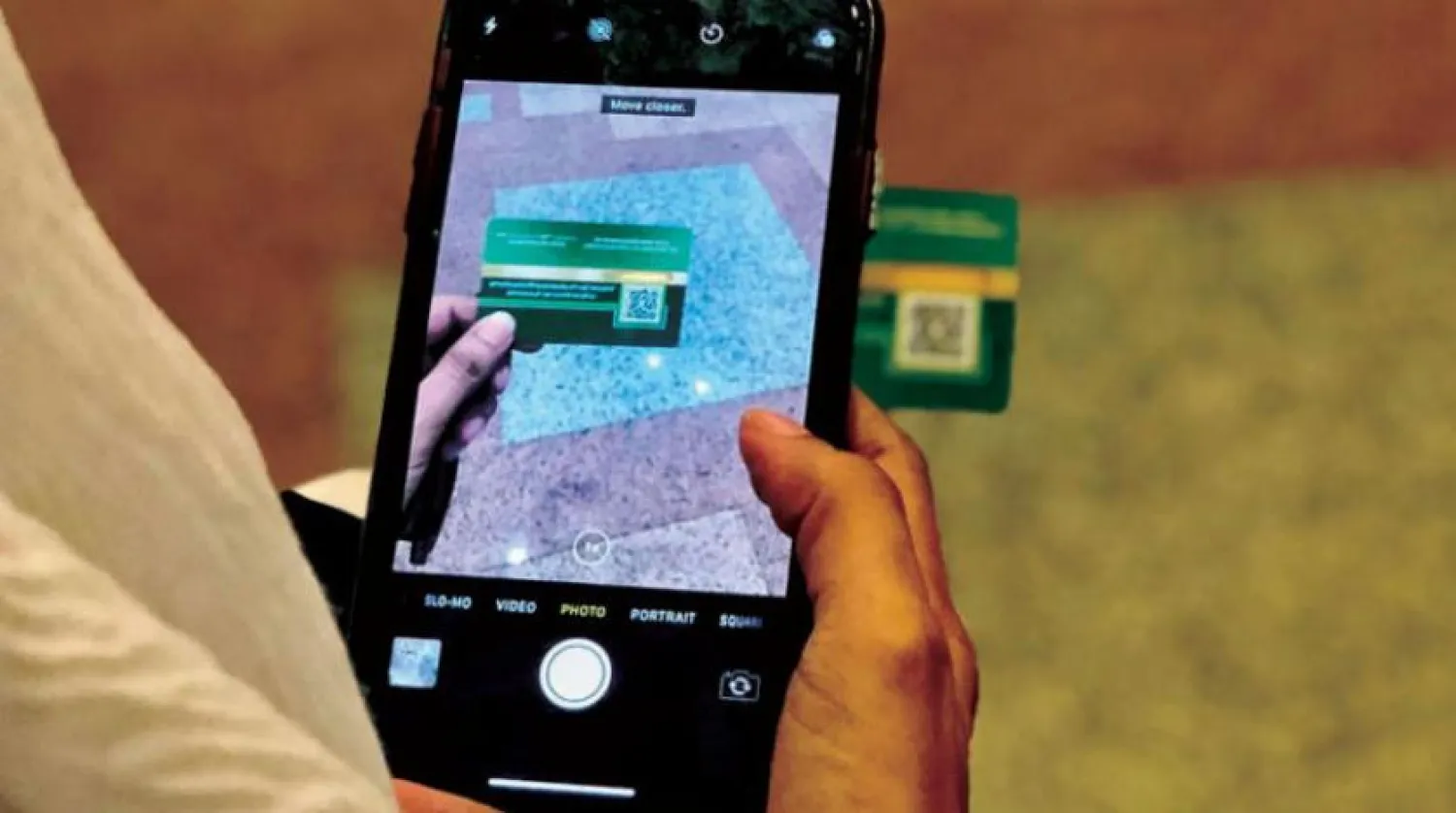A Mastercard study has revealed the rapid growth of online shopping in Saudi Arabia, with nearly three out of four Saudi consumers (around 77 percent) shopping more online than they did before the coronavirus pandemic.
According to the survey, groceries, healthcare, apparel and banking have seen the highest surge of online activity.
More than 68 percent of Saudi consumers said they had shopped online for groceries, 73 percent for clothing, and over 65 percent of respondents said they had purchased medicine online.
Consumers are moving other aspects of their financial management to digital, with 64 percent of respondents having started banking online, said the study.
The research also reveals the rising impact of social media on consumer spending habits, with 58 percent and 61 percent of respondents saying they had discovered new sellers through Facebook and Instagram respectively.
Mastercard has been working with businesses, financial institutions and other stakeholders to advance digital payments in the Kingdom, and the pandemic has reinforced the necessity to continue evolving the safe and secure consumer payment experience. From a simplified online checkout experience to an in-store tap on a contactless terminal, it is evident that being able to respond to the rapidly evolving consumer expectations is a critical priority.
“The Kingdom of Saudi Arabia enjoys one the highest internet penetration and mobile usage numbers in the region with an estimated growth to 96 percent by 2023. The Saudi government in turn continues to take several measures to simplify digital payments and enable affordable e-commerce,” said Country Manager, Saudi Arabia and Bahrain & Levant Mastercard. Jihad Khalil.
“With security remaining integral to the shift towards a cashless culture, Mastercard is working with local businesses to take advantage of these long-term trends, and build e-commerce experiences that offer speed, security and simplicity for a new generation of Saudi shoppers,” he added.
While adapting to the ‘next normal’, people have been changing the way they consume entertainment and learn new skills.
In fact, 79 percent of KSA consumers said they were using the downtime as a positive learning experience. More than half of the respondents (64 percent) said they had taken a virtual cooking class, 47 percent have been mastering a new language.
As people spend more time at home, the demand for online entertainment has also surged with 73 percent of respondents having invested in entertainment subscriptions and 62 percent in online gaming.
With the rapid rise in online shopping, consumers are also becoming increasingly aware of the associated risks. More than half of consumers (54 percent) surveyed said that a secure checkout was fundamental for a good shopping experience.









